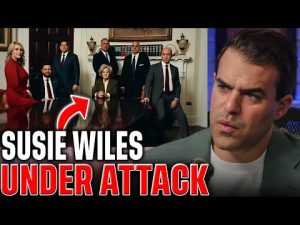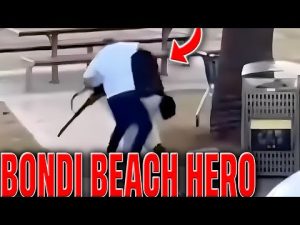In the sunny state of Florida, the Fish and Wildlife Conservation Commission (FWC) does more than just protect fish and wildlife. This dedicated law enforcement agency has taken on the important task of helping to secure the state’s borders, particularly in light of the ongoing immigration crisis. Under the leadership of Governor Ron DeSantis, the FWC teamed up with Texas to address the challenges posed by illegal immigration along the U.S.-Mexico border. While some folks might not think of fish and wildlife officials as border patrol agents, their role in this effort is significant and, perhaps surprisingly, multifaceted.
Florida’s coastlines are often the first stop for individuals attempting to enter the United States illegally by boat from places like Haiti and Cuba. Thanks to a longstanding partnership with the U.S. Coast Guard and Border Patrol, the FWC has been vigilant in patrolling offshore waters to deter and detect illegal landings. Since President Trump assumed office, the FWC has reported a noticeable change in the dynamics of these attempted entries. With strengthened enforcement measures and collaboration, there has been a significant drop in illegal boat landings compared to the uptick noted prior.
In a recent operation, the FWC showcased their commitment to wildlife protection and illegal immigration enforcement when they arrested Edgar Estuardo Valenzuela. Valenzuela was charged with throwing a rock at a rare great white heron, which is an endangered species in Florida. Alongside facing charges for harming wildlife, Valenzuela was also taken into federal custody after it was revealed that he was in the United States illegally. This incident highlighted the dual role of the FWC — protecting both the environment and community safety.
Moreover, the FWC carved out a historic moment in Florida’s legal landscape when they arrested Filipe Fernandez Javaria for felony trespassing. Javaria, a Mexican national, had already been removed from the United States back in 2019 but found himself back in Florida. His arrest marks a significant enforcement of the newly established state law that penalizes illegal presence in Florida. These moves are part of a broader strategy promoted by DeSantis aimed at dealing with illegal immigration more aggressively and effectively.
With all these developments, Florida is setting an example for other states grappling with the issue of illegal immigration. The leadership shown by Governor DeSantis and the efforts of the FWC demonstrate that addressing illegal immigration can take many forms. For Floridians, from the lush swamps to the sparkling coastlines, ensuring safety and ecological balance is no small feat. And while the FWC may be known for its work with fish and wildlife, their commitment to protecting the state goes above and beyond. As they continue patrolling the waters, it’s clear that they are also keeping a close eye on borders — reinforcing the idea that every agency has a part to play in the safety and security of the nation.







